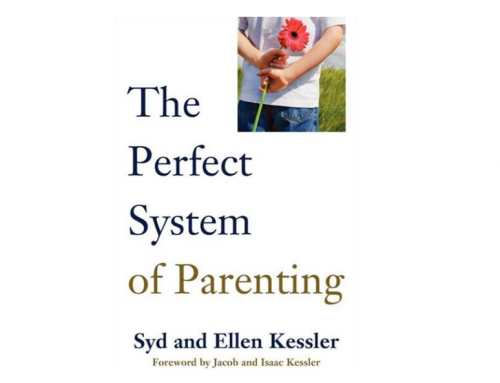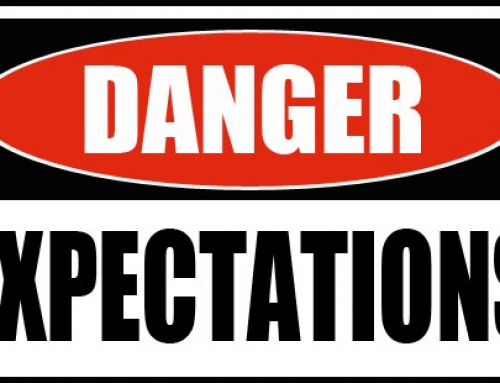Thank you to Emile Amar for sharing this information
with me.
Sorry.
Merriam-Webster’s Dictionary states:
Definition of sorry
1 : feeling sorrow, regret, or penitence
2 : mournful, sad
3 : inspiring sorrow, pity, scorn, or ridicule : pitiful. Their affairs were in
a sorry state.
Here is the premise: We create our reality.
We create our reality using words.
Words are Outcomes.
What we think about, we talk about, and what we talk
about, we bring about.
Therefore, we must be very careful in the language we
use that creates our reality. For example…
I’m sorry.
There was a study done in the 80’s that tracked two
groups of elder people. One group that often used the
term “I’m sorry” and another group who seldom used
this phrase.
It was found that the first group experienced their lives
with more sorrow, more sadness, and more regret than
the second group, whose outlook was more positive.
Fascinating because it shows the power of (our) words.
“I’m sorry”, when broken down is “I/ am/ sorry”. Which
de facto self-defines us as a “sorryful” person. Sorry is an
adjective and the more one conjugates this adjective, the
more one brings about its noun and manifests it into
his/her reality. We become what we think about! We
become what we talk about! So saying I am sorry
can only bring about sorrow [noun] to he or
she who conjugates it over a life time. Cannot be
avoided. It’s a universal Law!
What’s sad is that people are so conditioned to converse
with negative words and presuppositions that they don’t
even realize it and unknowingly suffer from it.
Very subtle but important information.
Very different from the language and implications of “ I
apologize” or “I regret” or “Excuse me” because these
terms are not self-defining. They are acknowledgements
of how one is feeling at the moment.
We become the language we use.






Pity that “I’m sorry” defines Canadians to so many in the US.